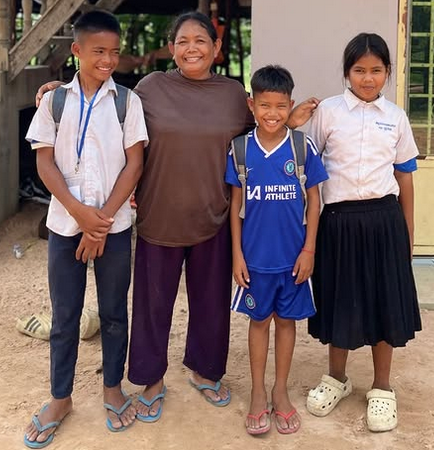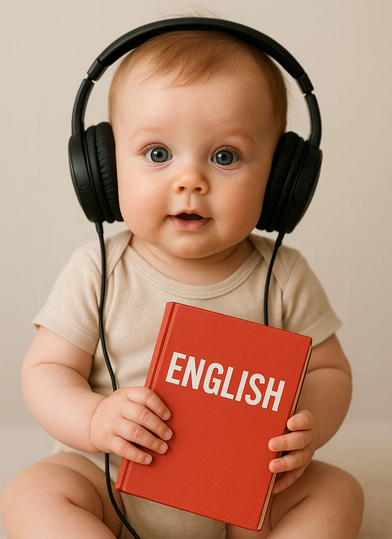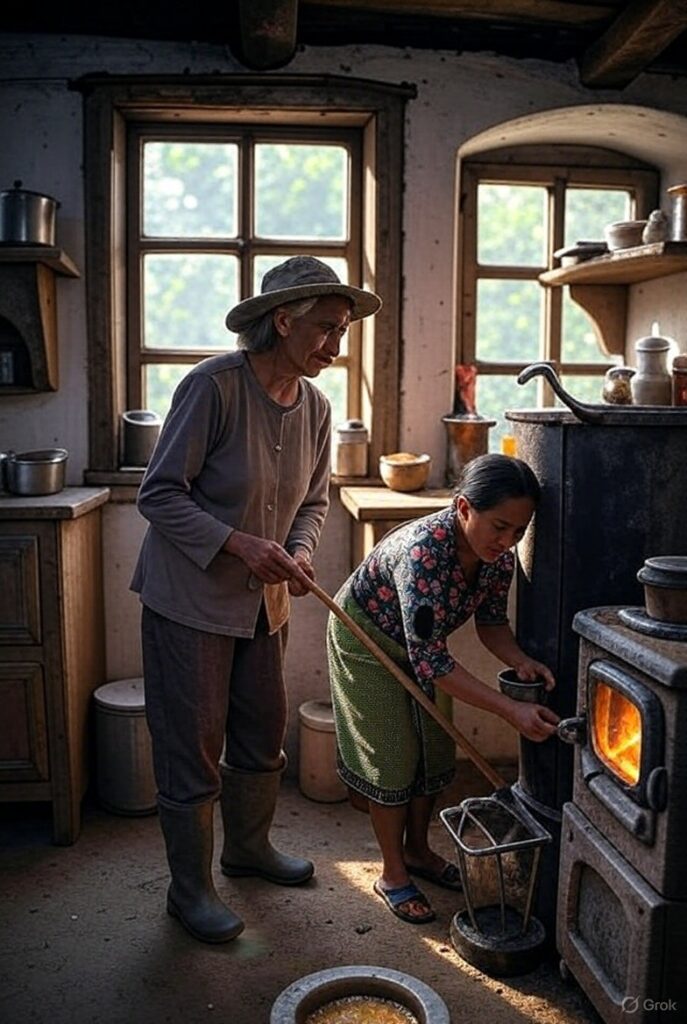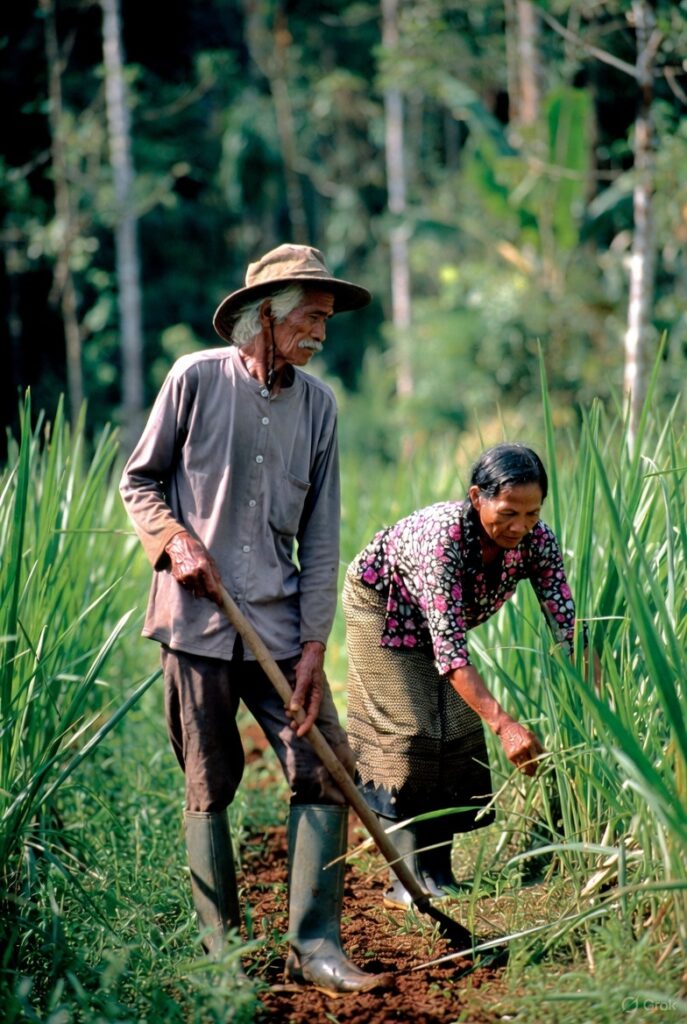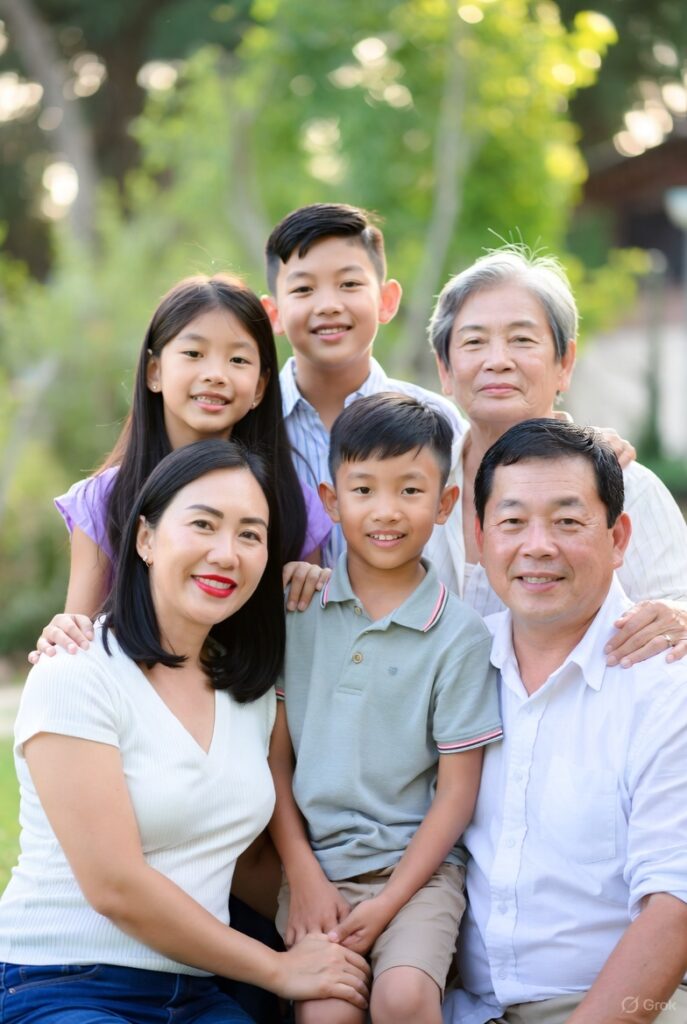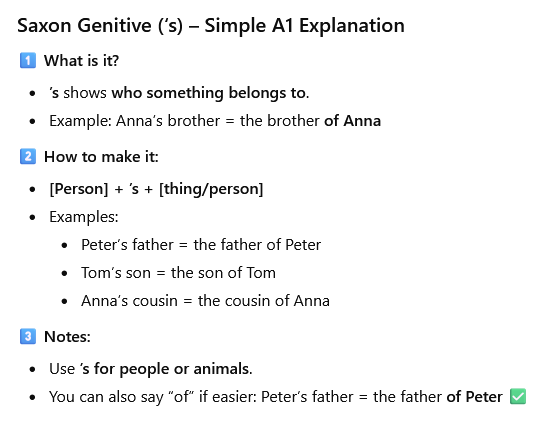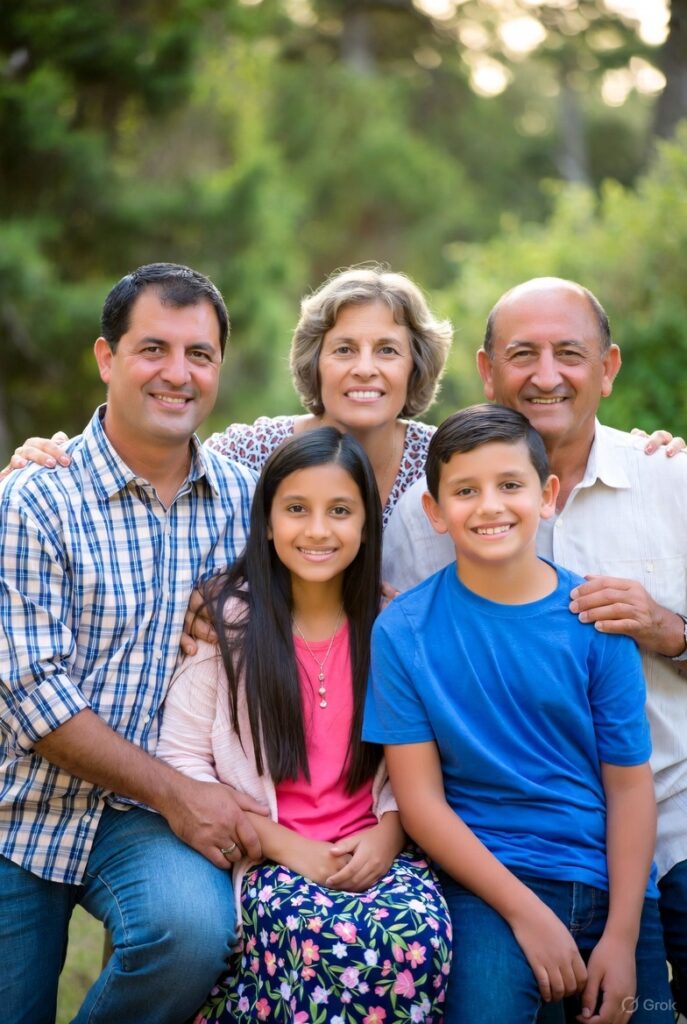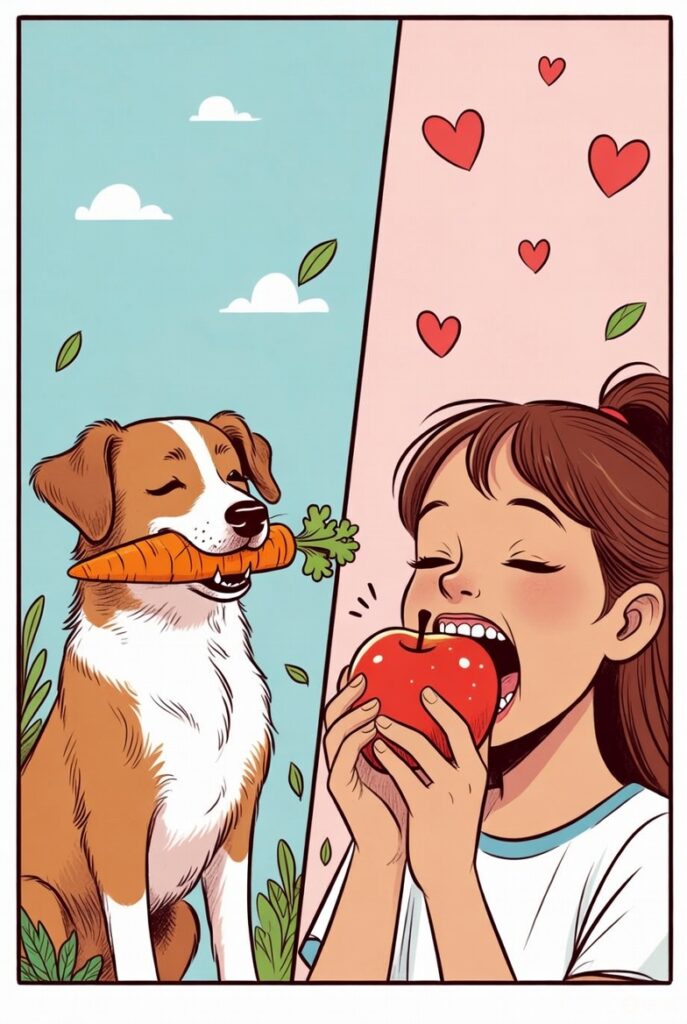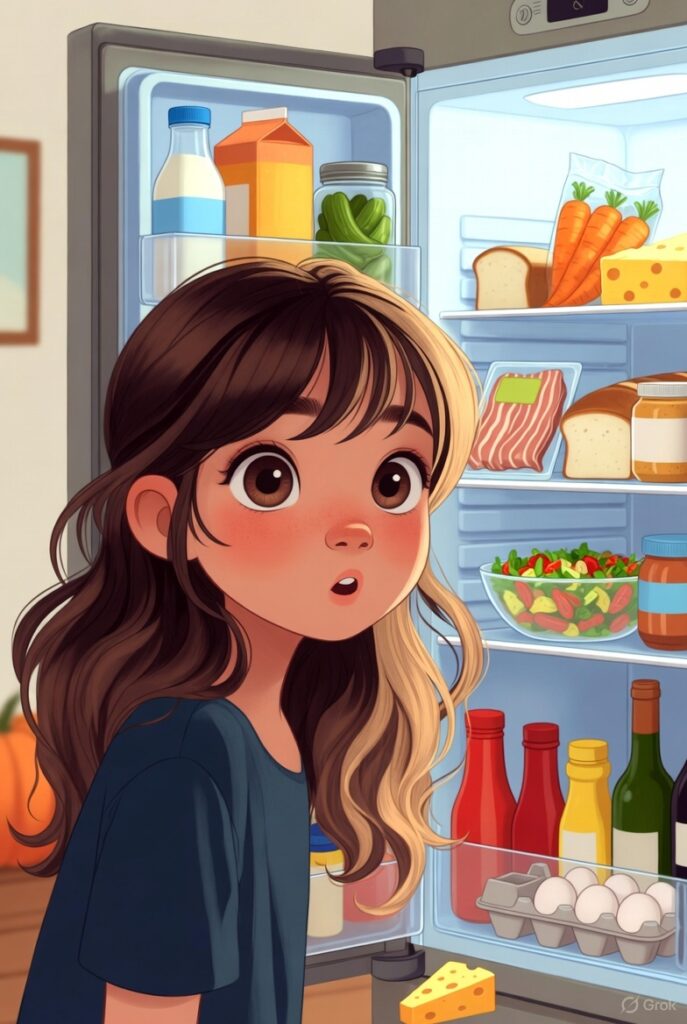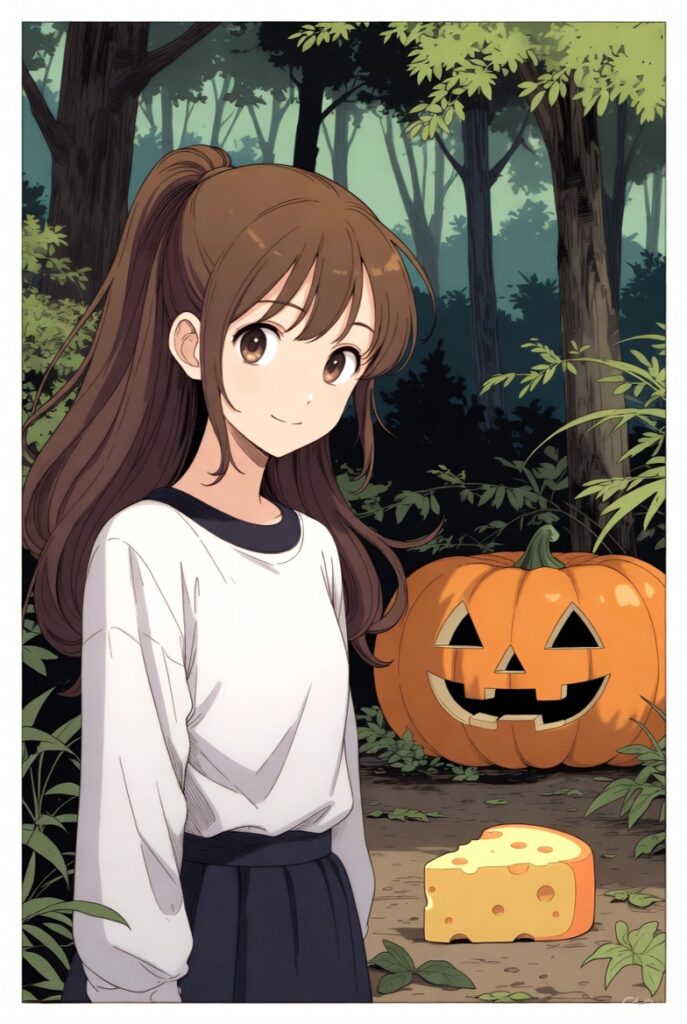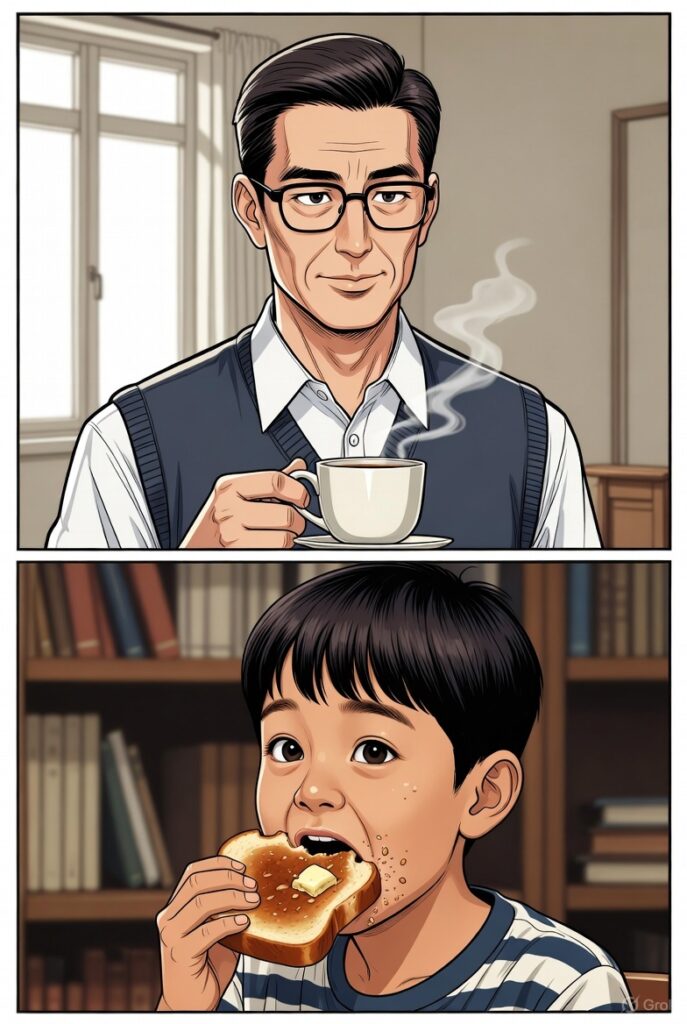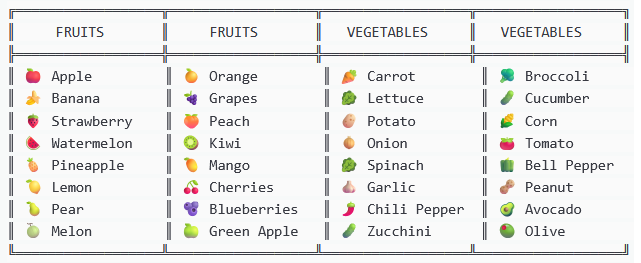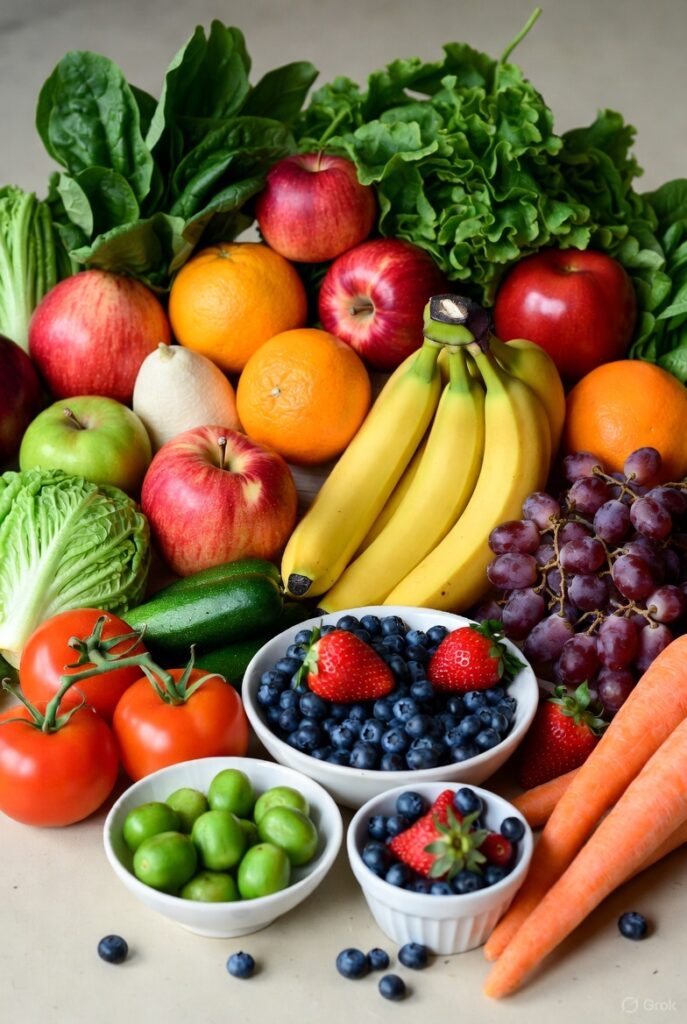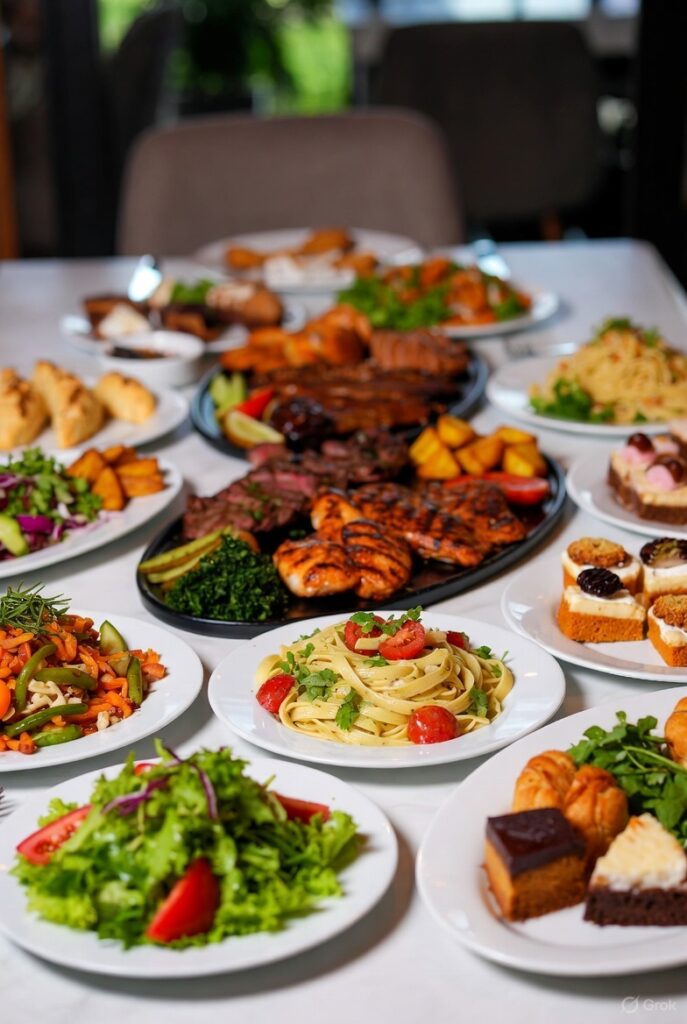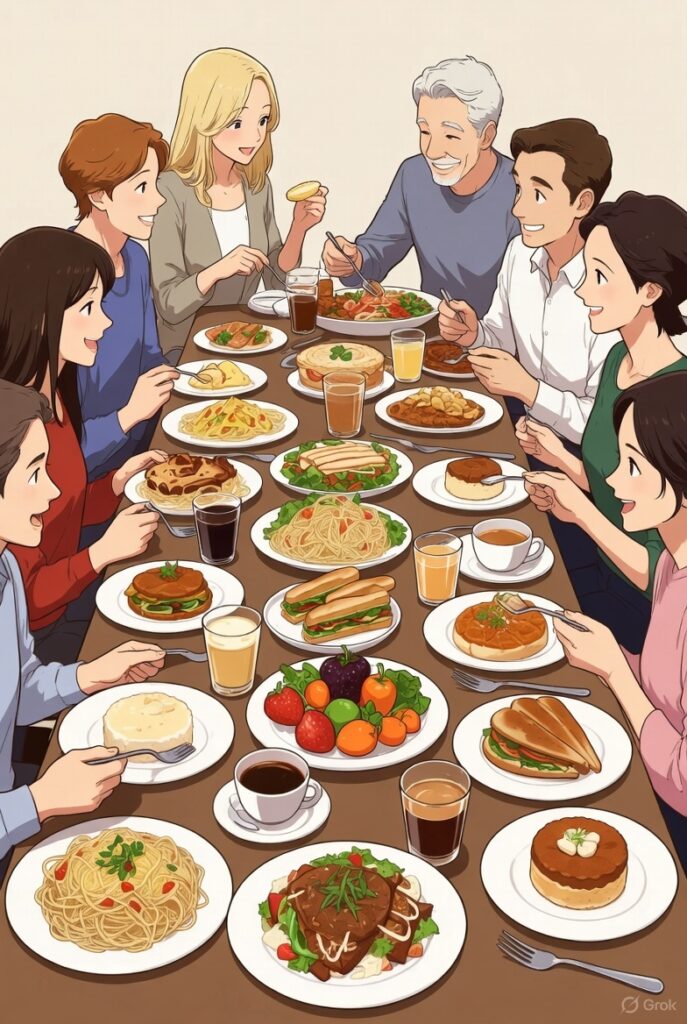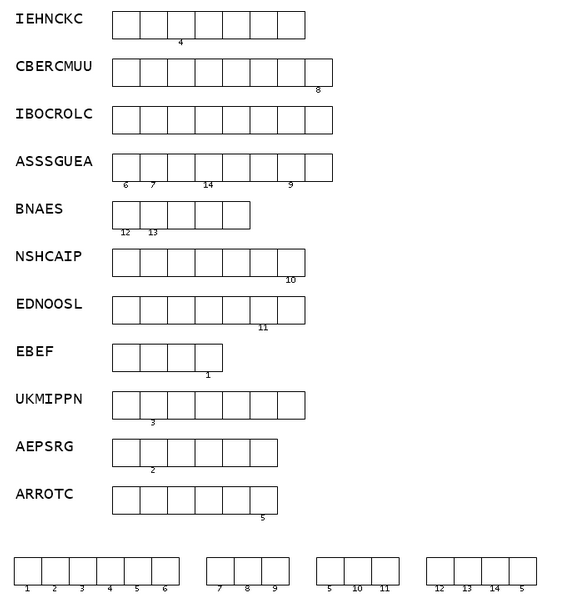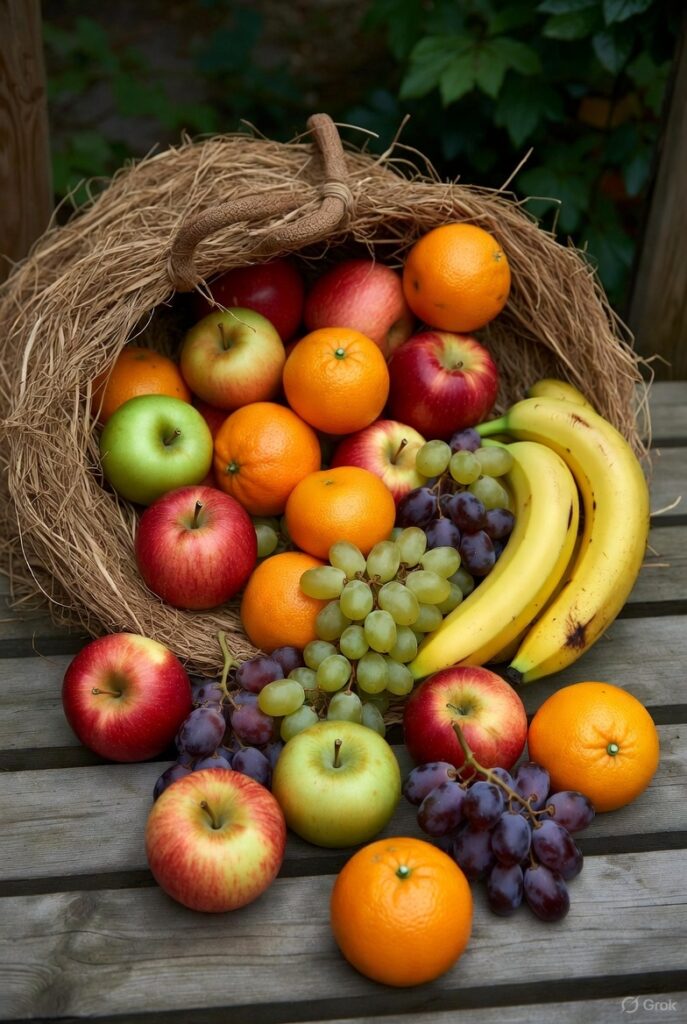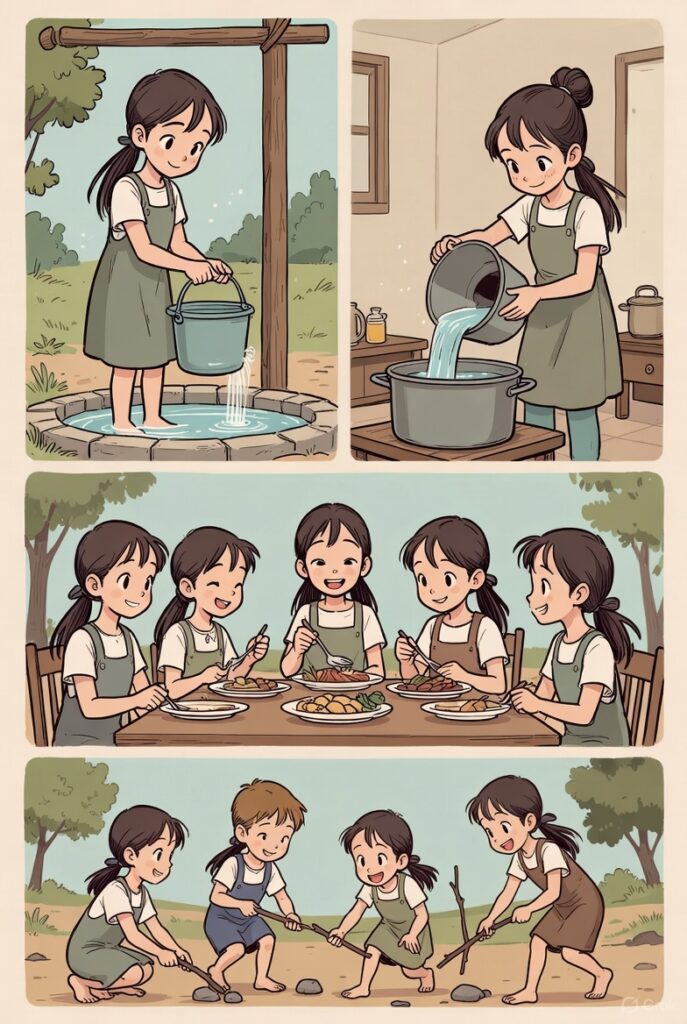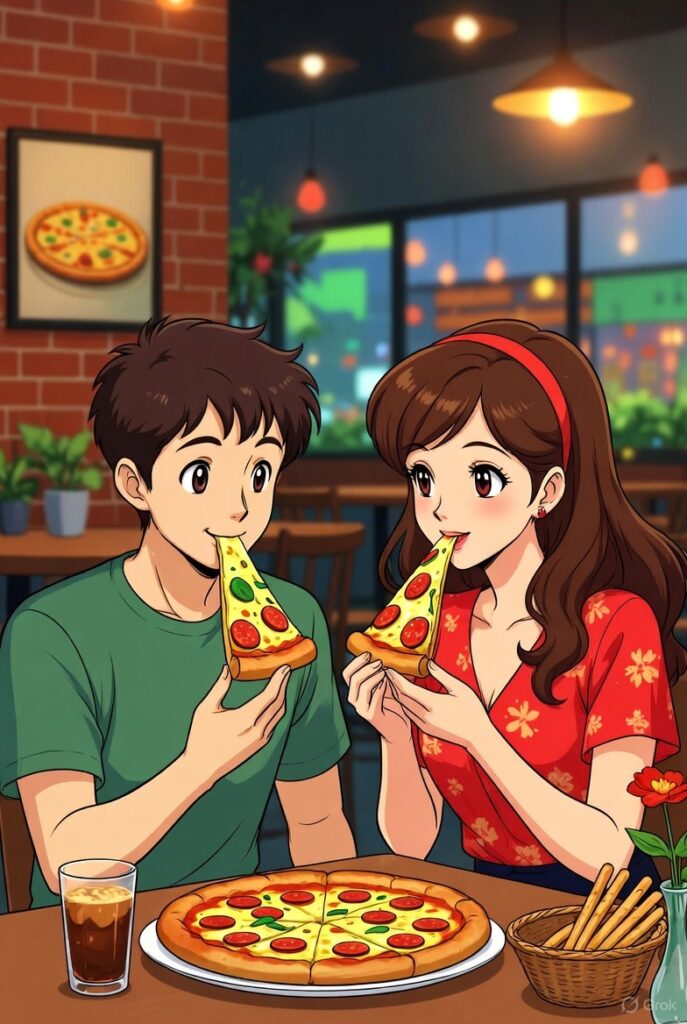- a story of success

This is the story of San Tuch and her family.
San Tuch and her husband cannot read or write. Life is very difficult for them. They do not have a steady job, and they do not have many chances to change their life.
The Shinta Mani Foundation gives them a small business loan. With this loan, they start a small pig farm. This farm changes everything for their family.
Now, San Tuch and her husband live in a safe home. They have a steady income from their pig farm. They buy food, save money, and take care of their children. They are very proud because their children go to school every day.
This simple loan helps them build a better future.
Together, Shina Mani Foundations help more families start small businesses at home, so parents stay with their children and build a strong, happy life.
________________________
Vocabulary:
- to read – to look at words and understand them
- to write – to make words with a pen or pencil
- to be difficult – to not be easy
- a steady job – a job you have all the time
- to change one’s life – to make your life different
- a business loan – money the bank or a group gives you to start work
- a pig farm – a place where you keep and raise pigs
- to change everything – to make all things different
- a safe home – a home where you feel okay and not in danger
- a steady income – money you get every week or month
- to buy food – to get food with money
- to save money – to keep money for later
- to take care of their children – to help and protect their children
- to be proud – to feel happy about something
- to go to school – to learn in a school
- to build a better future – to make your life good later
- to stay with children – to live with your children and not leave
- to build a strong life – to make a good, stable life
#####################
Match each word (1–18) with the correct definition (A–R):
Words
- to read
- to write
- to be difficult
- a steady job
- to change one’s life
- a business loan
- a pig farm
- to change everything
- a safe home
- a steady income
- to buy food
- to save money
- to take care of their children
- to be proud
- to go to school
- to build a better future
- to stay with children
- to build a strong life
Definitions:
A. to get food with money
B. to keep money for later
C. to make your life different
D. a home where you feel okay and not in danger
E. to feel happy about something
F. a place where you keep and raise pigs
G. money the bank or group gives you to start work
H. to make a good, stable life
I. to not be easy
J. to make words with a pen or pencil
K. to look at words and understand them
L. to help and protect their children
M. a job you have all the time
N. to make your life good later
O. money you get every week or month
P. to learn in a school
Q. to live with your children and not leave
R. to make all things different
_____________________
Answers:
1-K, 2-J, 3-I, 4-M, 5-C, 6-G, 7-F,
8-R, 9-D, 10-O, 11-A, 12-B, 13-L, 14-E,
15-P, 16-N, 17-Q, 18-H
____________________
Correct answers:
to read – to look at words and understand them
to write – to make words with a pen or pencil
to be difficult – to not be easy
a steady job – a job you have all the time
to change one’s life – to make your life different
a business loan – money the bank or group gives you to start work
a pig farm – a place where you keep and raise pigs
to change everything – to make all things different
a safe home – a home where you feel okay and not in danger
a steady income – money you get every week or month
to buy food – to get food with money
to save money – to keep money for later
to take care of their children – to help and protect their children
to be proud – to feel happy about something
to go to school – to learn in a school
to build a better future – to make your life good later
to stay with children – to live with your children and not leave
to build a strong life – to make a good, stable life
########################
Fill the gap, with the correct word:
- San Tuch and her husband __________ read or write.
a) can b) cannot - Life is __________ for San Tuch and her husband.
a) easy b) difficult - They do not have a __________ job.
a) steady b) new - The Shinta Mani Foundation gives them a small __________.
a) business loan b) business car - They start a small __________ farm.
a) cow b) pig - The pig farm __________ everything for their family.
a) changes b) buys - Now they live in a __________ home.
a) safe b) small - They have a __________ income.
a) steady b) slow - They can __________ food.
a) buy b) read - They also __________ money for later.
a) save b) change - They __________ care of their children.
a) take b) write - They are __________ because their children go to school.
a) proud b) steady - Their children __________ to school every day.
a) go b) stay - The loan helps them __________ a better future.
a) build b) buy - Families can stay with their children and build a __________ life.
a) strong b) difficult
—————————————
Correct version:
- San Tuch and her husband cannot read or write.
- Life is difficult for San Tuch and her husband.
- They do not have a steady job.
- The Shinta Mani Foundation gives them a small business loan.
- They start a small pig farm.
- The pig farm changes everything for their family.
- Now they live in a safe home.
- They have a steady income.
- They can buy food.
- They also save money for later.
- They take care of their children.
- They are proud because their children go to school.
- Their children go to school every day.
- The loan helps them build a better future.
- Families can stay with their children and build a strong life.
######################
Short answers, basics:
| Example Sentence | Yes | No |
|---|---|---|
| I learn the alphabet. | Yes, I do. | No, I don’t. |
| You read signs. | Yes, you do. | No, you don’t. |
| He practices speaking. | Yes, he does. | No, he doesn’t. |
| She watches cartoons. | Yes, she does. | No, she doesn’t. |
| It helps us learn English. | Yes, it does. | No, it doesn’t. |
| We use apps like Duolingo. | Yes, we do. | No, we don’t. |
| You read labels. | Yes, you do. | No, you don’t. |
| They make mistakes sometimes. | Yes, they do. | No, they don’t. |
| Question | Yes | No |
|---|---|---|
| Do I learn the alphabet? | Yes, I do. | No, I don’t. |
| Do you read signs? | Yes, you do. | No, you don’t. |
| Does he practice speaking? | Yes, he does. | No, he doesn’t. |
| Does she watch cartoons? | Yes, she does. | No, she doesn’t. |
| Does it help us learn English? | Yes, it does. | No, it doesn’t. |
| Do we use apps like Duolingo? | Yes, we do. | No, we don’t. |
| Do you read labels? | Yes, you do. | No, you don’t. |
| Do they make mistakes sometimes? | Yes, they do. | No, they don’t. |
| Question | Yes | No |
|---|---|---|
| Am I big? | Yes, I am. | No, I am not. |
| Are you big? | Yes, you are. | No, you aren’t. |
| Is he big? | Yes, he is. | No, he isn’t. |
| Is she big? | Yes, she is. | No, she isn’t. |
| Is it big? | Yes, it is. | No, it isn’t. |
| Are we big? | Yes, we are. | No, we aren’t. |
| Are you big? | Yes, you are. | No, you aren’t. |
| Are they big? | Yes, they are. | No, they aren’t. |
##################
Provide short answers:
- Do they buy food with money from the farm?
YOU WRITE:
Yes, they do. - Do San Tuch and her husband have a steady job at the beginning?
YOU WRITE:
No, they don’t. - Do San Tuch and her husband know how to read and write?
- Can their children go to school every day?
- Do they leave their children to work far away?
- Does the Shinta Mani Foundation give families a business loan?
- Is the home dangerous [not safe] now?
- Do they take care of their children?
- Do they start a cow farm?
- Does the loan help them build a better future?
- Do they have a steady income from their pig farm?
- Is life easy for them before the loan?
- Do they spend all their money and never save?
- Are they proud of their children?
- Do they stop caring for their children?
- Can families stay with their children and build a strong life?
- Do their children go to school because of the farm?
- Does the farm make everything worse [not good, more bad than before]?
- Does the Shinta Mani Foundation act as a bank?
- Do San Tuch and her husband have a safe home now?
______________________
Correct answers:
- Do they buy food with money from the farm?
Yes, they do. - Do San Tuch and her husband have a steady job at the beginning?
No, they don’t. - Do San Tuch and her husband know how to read and write?
No, they don’t. - Can their children go to school every day?
Yes, they can. - Do they leave their children to work far away?
No, they don’t. - Does the Shinta Mani Foundation give families a business loan?
Yes, they do. - Is the home dangerous now?
No, it isn’t. - Do they take care of their children?
Yes, they do. - Do they start a cow farm?
No, they don’t. - Does the loan help them build a better future?
Yes, it does. - Do they have a steady income from their pig farm?
Yes, they do. - Is life easy for them before the loan?
No, it isn’t. - Do they spend all their money and never save?
No, they don’t. - Are they proud of their children?
Yes, they are. - Do they stop caring for their children?
No, they don’t. - Can families stay with their children and build a strong life?
Yes, they can. - Do their children go to school because of the farm?
Yes, they do. - Does the farm make everything worse?
No, it doesn’t. - Does the Shinta Mani Foundation act as a bank?
No, it doesn’t. - Do San Tuch and her husband have a safe home now?
Yes, they do.
##################

Correct, answer as shown:
- San Tuch and her husband can read and write.
YOU WRITE:
No, they can’t. - Life is easy for them before the loan.
YOU WRITE:
No, it isn’t. - They have a steady job before the loan.
- The Shinta Mani Foundation gives them a car.
- They start a cow farm.
- The pig farm makes everything worse.
- Their home is dangerous now.
- They spend all their money and never save.
- They stop caring for their children.
- Their children can go to school because of the farm.
- The Shinta Mani Foundation is a bank.
- They leave their children to work far away.
- The family has 5 children.
- The loan makes life more difficult.
- San Tuch and her husband live far from their pig farm.
_________________________
Correct answers:
- San Tuch and her husband can read and write.
No, they can’t. - Life is easy for them before the loan.
No, it isn’t. - They have a steady job before the loan.
No, they don’t. - The Shinta Mani Foundation gives them a car.
No, it doesn’t. - They start a cow farm.
No, they don’t. - The pig farm makes everything worse.
No, it doesn’t. - Their home is dangerous now.
No, it isn’t. - They spend all their money and never save.
No, they don’t. - They stop caring for their children.
No, they don’t. - Their children can go to school because of the farm.
Yes, they can. - The Shinta Mani Foundation is a bank.
No, it isn’t. - They leave their children to work far away.
No, they don’t. - The family has 5 children.
No, they don’t. - The loan makes life more difficult.
No, it doesn’t. - San Tuch and her husband live far from their pig farm.
No, they don’t.
################
Questions:
| Do / Does | Personal Pronoun | Verb | Sugar? |
|---|---|---|---|
| Do | I | like | sugar? |
| Do | you | like | sugar? |
| Does | he | like | sugar? |
| Does | she | like | sugar? |
| Does | it | like | sugar? |
| Do | we | like | sugar? |
| Do | you (plural) | like | sugar? |
| Do | they | like | sugar? |
Negation:
| Personal Pronoun | Verb (negative) | |
|---|---|---|
| I | do not like | ice cream |
| You | do not like | ice cream |
| He | does not like | ice cream |
| She | does not like | ice cream |
| It | does not like | ice cream |
| We | do not like | ice cream |
| You (plural) | do not like | ice cream |
| They | do not like | ice cream |
##################
Form questions, as shown:
- They buy food.
a) they:_________________
b) buy food:______________
c) food:_________________
YOU WRITE:
a) Who buys food?
b) What do they do?
c) What do they buy? - They save money:
a) they:
b) save money:
c) money - They start a pig farm:
a) they:
b) start a pig farm:
c) a pig farm - They earn money:
a) they:
b) earn money:
c) money - Her mother feeds the pigs every day:
a) her mother:
b) her:
c) feeds the pigs:
d) the pigs:
e) every day:
___________________
Correct questions:
1. They buy food
a) they: Who buys food?
b) buy food: What do they do?
c) food: What do they buy?
2. They save money
a) they: Who saves money?
b) save money: What do they do?
c) money: What do they save?
3. They start a pig farm
a) they: Who starts a pig farm?
b) start a pig farm: What do they start?
c) a pig farm: What kind of farm do they start?
4. They earn money
a) they: Who earns money?
b) earn money: What do they do?
c) money: What do they earn?
5. Her mother feeds the pigs every day
a) her mother: Who feeds the pigs every day?
b) her: Whose mother feeds the pigs every day?
c) feeds the pigs: What does she do every day?
d) the pigs: What does she feed every day?
e) every day: When does she feed the pigs?
##################
Sentence transformation (positive → negative / negative → positive)
1. They buy food.
YOU WRITE: They don’t buy food.
1. They buy food.
2. They do not go to school.
3. She starts a pig farm.
4. She does not save money.
5. They send their children to school.
6. He does not have a steady income.
7. She feeds the pigs every day.
8. They do not live in a safe home.
9. They earn money from the pig farm.
10. They do not leave their children.
__________________________
Answers:
- They buy food. → They do not buy food.
- They do not go to school. → They go to school.
- She starts a pig farm. → She does not start a pig farm.
- She does not save money. → She saves money.
- They send their children to school. → They do not send their children to school.
- He does not have a steady income. → He has a steady income.
- She feeds the pigs every day. → She does not feed the pigs every day.
- They do not live in a safe home. → They live in a safe home.
- They earn money from the pig farm. → They do not earn money from the pig farm.
- They do not leave their children. → They leave their children.
##################
Find the word in the text:
- Money that the bank or a foundation gives to start a business
- A place where pigs live and grow
- Not easy
- To look at words and understand them
- To make words with a pen or pencil
- Money you get every week or month
- To keep money for later
- To get food with money
- A home where you feel safe
- To make your life different
_______________________
Correct answers:
- Money that the bank or a foundation gives to start a business → business loan
- A place where pigs live and grow → pig farm
- Not easy → difficult
- To look at words and understand them → read
- To make words with a pen or pencil → write
- Money you get every week or month → income
- To keep money for later → save
- To get food with money → buy
- A home where you feel safe → safe home
- To make your life different → change one’s life
##################
Put the sentences in the correct order:
- They start a pig farm.
- They save money.
- Their children go to school.
- They buy food.
- They get a small business loan from the Shinta Mani Foundation.
_________________________
Answers:
- They get a small business loan from the Shinta Mani Foundation.
- They start a pig farm.
- They buy food.
- They save money.
- Their children go to school.
##################
Correct the statements:
- San Tuch and her husband can read and write.
YOU WRITE:
They cannot read and write. - They start a pig farm with a big loan.
- Their life is easy before the loan.
- They buy a car and save money.
- Their children cannot go to school.
- The pig farm is not important for the family.
- They leave their children to work far away.
- They live in a simple hut [a simple house made of wood,…] now.
- The Shinta Mani Foundation gives them a car.
- They earn a steady income from a cow farm.
__________________________
Answers:
- They cannot read or write.
- They start a pig farm with a small loan.
- Their life is difficult before the loan.
- They buy food and save money.
- Their children can go to school.
- The pig farm changes everything for the family.
- They stay with their children.
- They live in a safe home now.
- The foundation gives a loan.
- They earn a steady income from a pig farm.
